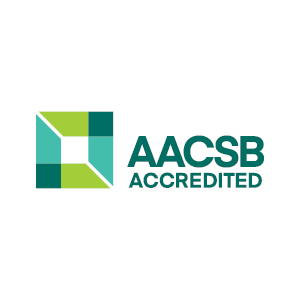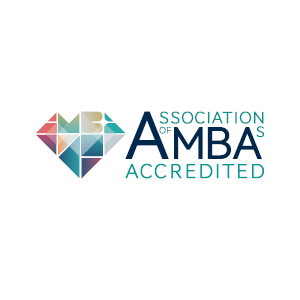The most industry engaged MBA in New Zealand.
Flexibility and accessibility
Our hybrid learning model takes a future-focused and flexible approach to learning, with classes that can be accessed either in-person or online. The programme is designed with your needs in mind, and fits seamlessly around your busy schedule and commitments.
The most industry engaged MBA in New Zealand
Strong partnerships with businesses, co-teaching with industry leaders, real-world case studies, and company projects offers you practical, real-world insight, making learnings immediately applicable to your work environments.
Got a question?
Get in touch using the form below.



